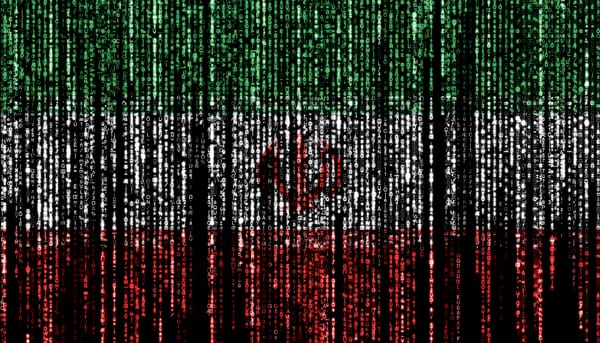Distributed Ledgers
Distributed Ledger Technology (DLT) is a decentralized system for recording, sharing, and synchronizing data across multiple nodes or locations.

Distributed Ledger Technology (DLT) is a decentralized system for recording, sharing, and synchronizing data across multiple nodes or locations. Unlike traditional centralized databases, DLT ensures that each participant holds a copy of the ledger, with consensus mechanisms maintaining consistency and integrity. The most well-known form of DLT is blockchain, used in cryptocurrencies like Bitcoin and Ethereum. However, DLT extends far beyond digital currencies, enabling secure, tamper-proof record-keeping for supply chains, digital identity, financial services, and government systems.
Modern DLTs are evolving to include permissioned (private) ledgers suited to enterprise and government use, scalable consensus algorithms, and smart contracts that automate logic across networks. These innovations enhance transparency, reduce fraud, and eliminate the need for central intermediaries, thereby increasing efficiency and resilience in complex systems.
Strategic Importance to National Capability
Distributed Ledgers are increasingly seen as foundational to secure digital infrastructure. At a national level, they enable greater integrity and traceability in everything from voting systems and defense supply chains to cross-border payments and land registries. In high-stakes sectors such as finance, logistics, and public services, DLT can reduce vulnerability to cyberattacks, fraud, and corruption by providing immutable audit trails and decentralized control.
DLT is also crucial to digital sovereignty. Nations with advanced ledger capabilities can reduce reliance on foreign platforms for secure data exchange and transaction validation. This is particularly important for sectors involving sensitive or classified data, such as defense contracting or health systems.
Moreover, as the global economy moves toward digital assets and tokenization, control over DLT infrastructure becomes a matter of economic competitiveness. Nations that can design and regulate distributed networks are better positioned to shape global digital standards and maintain control over national data flows and digital identities.
Top 5 Nations Leading in Distributed Ledger Capability
- United StatesThe U.S. remains at the forefront of DLT innovation through its tech ecosystem, venture capital, and early adoption of blockchain technologies. Companies like IBM, ConsenSys, and Chainalysis are global leaders in DLT applications. The U.S. government is also exploring blockchain in areas such as digital identity, defense logistics, and interagency data sharing.
- ChinaChina has taken a proactive approach to DLT, establishing the Blockchain-based Service Network (BSN), a state-backed platform aimed at creating a standardized infrastructure for blockchain development. While banning cryptocurrencies, China has aggressively promoted permissioned DLTs for banking, trade, and governance.
- GermanyGermany has made DLT central to its Industry 4.0 strategy. It is integrating blockchain into manufacturing, logistics, and energy systems. The government supports DLT adoption through legal reforms and pilot projects in public registries and identity management.
- United Arab EmiratesThe UAE is leveraging DLT as part of its digital government agenda. Dubai aims to become the world’s first blockchain-powered city, using DLT in legal contracts, public records, and trade facilitation.
- SingaporeSingapore has positioned itself as a global DLT hub, with strong regulatory frameworks and government-backed pilots in cross-border trade, finance, and healthcare. Its central bank is also exploring blockchain-based digital currencies and settlement systems.
Future Outlook
DLT will play a central role in securing digital economies, enabling decentralized finance (DeFi), digital identities, and transparent governance. Emerging trends include interoperability between different ledgers, integration with artificial intelligence for automated auditing, and development of national digital currencies built on blockchain foundations.
The nations that invest in scalable, secure, and regulated DLT ecosystems will have the upper hand in shaping the digital rules of the future—ensuring economic competitiveness, data integrity, and strategic autonomy in a networked world.




